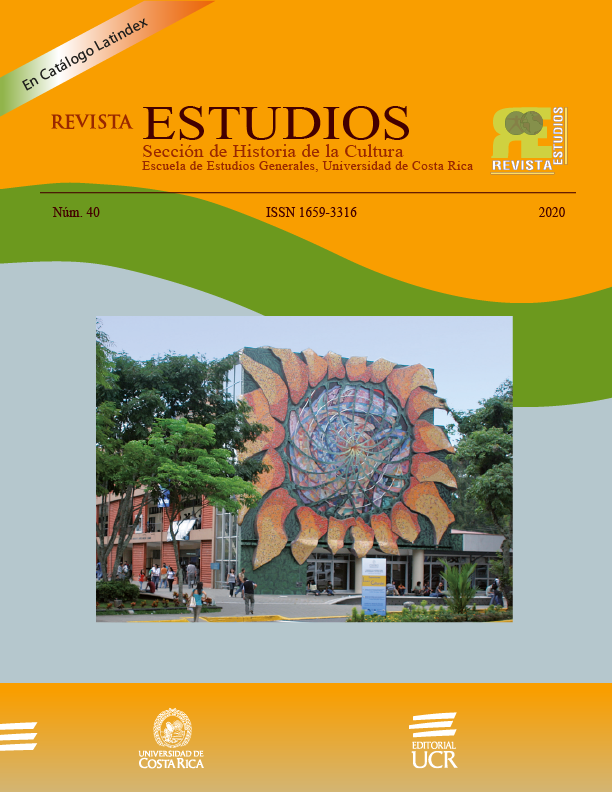Abstract
This article analyses the ambiguous process of literary invention carried out by Juan María Brausen, Juan Carlos Onetti’s novel The Brief Life (1950) protagonist, to disrupt the space and time dimension of the city he lives in, Buenos Aires, relocating himself to Santa María, the city he builds in his imagination as an outcome of the failure in trying to write a film script. The article proves and substantiates the conclusion that Juan María Brausen’s subjectivity as a failed writer, which allows him to break the limits between reality and introspective hallucination, consist of the following philosophical principles: i) the platonic methexis; ii) the primary and secondary imagination; iii) the Condition and the Persona, the sensitive drive and the formal drive; iv) the Spirit, the oscillation and the image; v) the will of creation; vi) the ideas as infinite, independent, unceasingly moving, godlike thoughts; and vii) the primeval joy.


